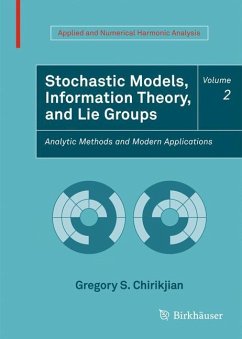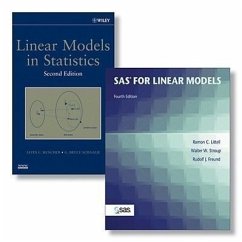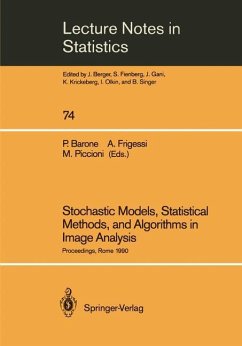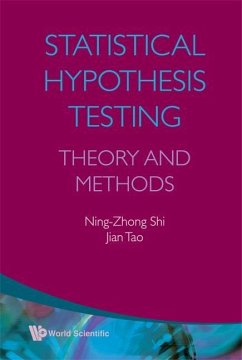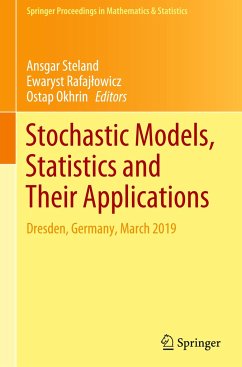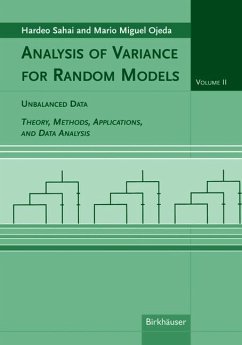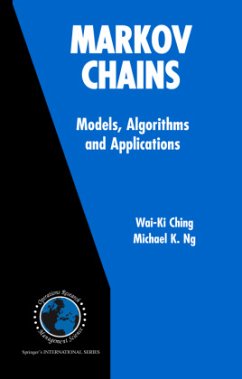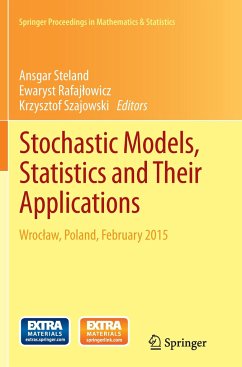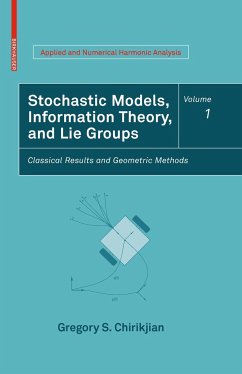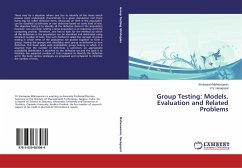
Group Testing: Models, Evaluation and Related Problems
Versandkostenfrei!
Versandfertig in 6-10 Tagen
58,99 €
inkl. MwSt.

PAYBACK Punkte
29 °P sammeln!
There may be a situation where one has to identify all the items which possess some undesirable characteristic in a given population and these items may be called defective items. Obviously, an item in the population can be classified as defective or non defective based on some kind of test. The objective being is to identify all the defective items in the population however, one-at-a-time, testing a large population is an expensive and time consuming process. Therefore, one has to look for the method by which all the defectives in the population can be identified and eliminated using minimum ...
There may be a situation where one has to identify all the items which possess some undesirable characteristic in a given population and these items may be called defective items. Obviously, an item in the population can be classified as defective or non defective based on some kind of test. The objective being is to identify all the defective items in the population however, one-at-a-time, testing a large population is an expensive and time consuming process. Therefore, one has to look for the method by which all the defectives in the population can be identified and eliminated using minimum number of tests. One such method is called the concept of group testing in which items of the population are pooled together to form a group, testing the groups and classifying each group as defective or non defective. This book deals with probabilistic group testing in which it is assumed that the number of defectives is unknown, an appropriate probability distribution is attached to the defective set and the goal is to minimize the expected number of tests required to identify the defective set.In this book various strategies are proposed and compared to minimize the number of tests.



